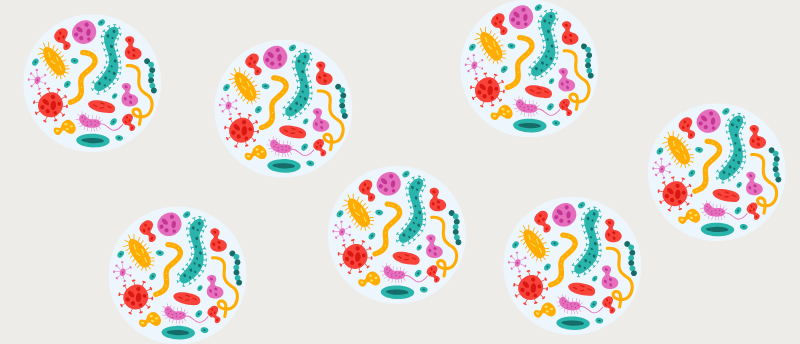New insights into HSV-1-induced encephalitis with cerebral organoids

A combination of anti-inflammatory and antiviral agents could improve treatment of encephalitis caused by herpes simplex virus-1 (HSV-1), according to new research utilizing cerebral organoids.
A recent study led by researchers at the Max Delbrück Center for Molecular Medicine (Berlin, Germany) investigated the molecular pathways of HSV-1 infection in human brain organoids, finding that combining antiviral medication – the standard of care – with an anti-inflammatory could improve prognosis.
Around 3.7 billion people, 67% of the global population, carry HSV-1, the virus that most often causes oral herpes. It remains quiescent in nerve cells until triggered by stress or injuries, usually resulting in symptoms limited to cold sores or mouth ulcers. In rare cases, the virus can travel up neurons and cause infectious encephalitis, which leads to inflammation in the brain. Typically, an antiviral drug called acyclovir is prescribed; however, patients can continue to suffer from long-lasting cognitive disorders, memory loss and seizures.
To study the molecular mechanism behind encephalitis caused by HSV-1, the researchers behind this study created a brain organoid using induced pluripotent stem cells and infected it with HSV-1. Using single-cell RNA sequencing, electrophysiology and immunostaining, they found that TNF-α, a signaling pathway in inflammation, was highly active.
 Evolutionary mapping of E. coli offers novel drug target
Evolutionary mapping of E. coli offers novel drug target
By looking at the evolutionary history of one of Escherichia coli’s main virulence factors, researchers have identified a promising therapeutic target.
The researchers treated the organoids with acyclovir and found this stopped viral replication; however, tissue damage continued and the TNF-α pathway remained active. “The inflammation pathway is a key natural defense to the virus. But when we block viral replication with anti-viral drugs, the overzealous inflammatory response could instead become damaging,” explained co-first author Tancredi Massimo Pentimalli.
To halt this inflammatory response, the researchers treated the organoids with both acyclovir and an anti-inflammatory drug – either necrostatin-1 or bardoxolone methyl. The antiviral and anti-inflammatory drug combination prevented further neuronal damage and reduced the activation of the TNF-α pathway. The anti-inflammatory drugs alone were not effective, indicating that inhibiting viral replication is essential for effective treatment of HSV-1-induced encephalitis.
Pentimalli concluded, “I hope that clinical investigators will set up clinical trials evaluating the efficacy of new anti-viral and anti-inflammatory combination therapies in herpes encephalitis patients, ultimately translating our findings from the bend to the bed side.”